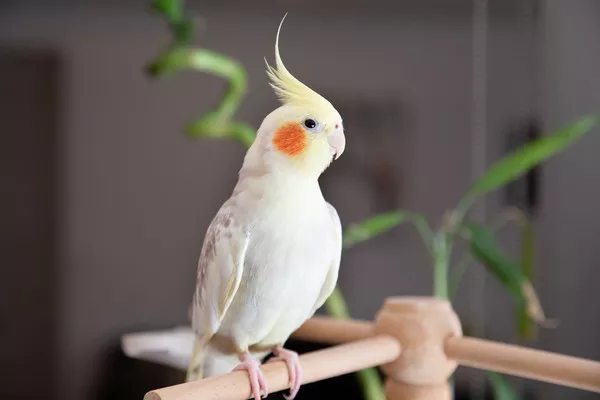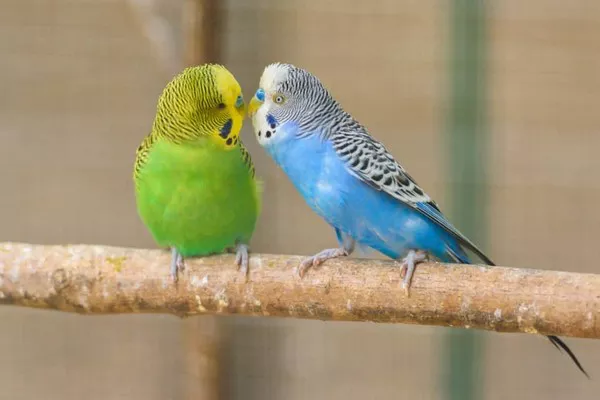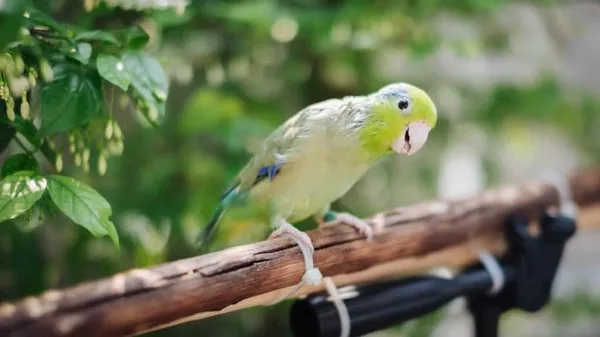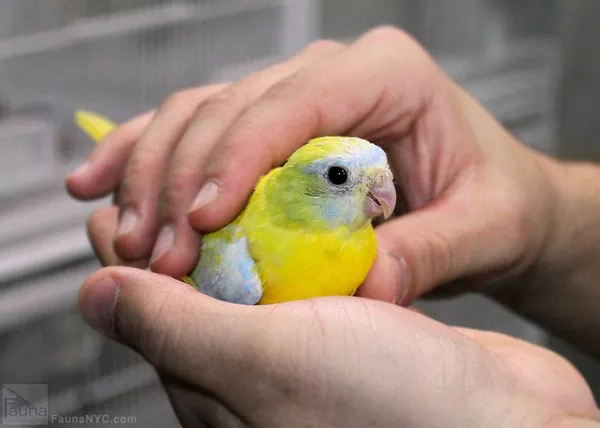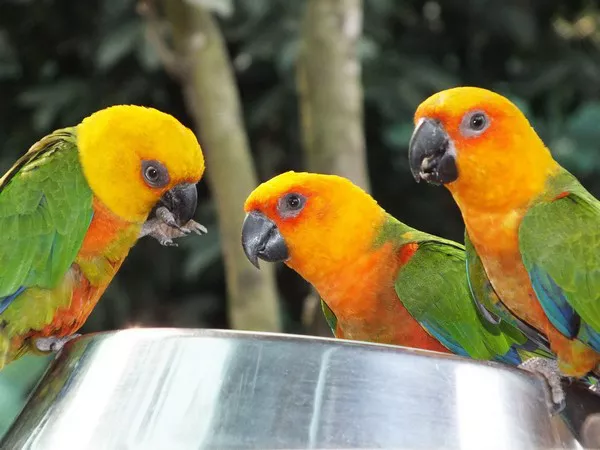Cockatiels are charming and affectionate parrots that make wonderful companions for bird enthusiasts. However, like any pet, they can sometimes exhibit unwanted behavior, and one of the most common concerns among cockatiel owners is biting. Cockatiels may bite for various reasons, including fear, territoriality, or simply as a way of communicating. If you’re struggling with a biting cockatiel, this article will guide you on how to address and prevent this behavior while fostering a loving and trusting relationship with your feathered friend.
Understanding Why Cockatiels Bite
Before addressing the issue of biting, it’s crucial to understand why cockatiels bite in the first place. Common reasons include:
Fear: Cockatiels may bite when they feel threatened or scared, especially if they are in an unfamiliar environment or are approached too quickly.
Territorial Behavior: Cockatiels can be territorial about their cages, toys, or personal space, leading to defensive biting.
Communication: Sometimes, biting is a way for cockatiels to communicate their discomfort or displeasure. They may be trying to convey that they want to be left alone.
Health Issues: Pain or discomfort due to underlying health problems can also lead to biting. If biting suddenly becomes an issue, consult a veterinarian to rule out any health concerns.
Gradual Socialization
Building trust with your cockatiel is essential to stop biting. Start with gradual socialization:
Spend time near their cage, talking softly and offering treats to establish a positive association with your presence.
Allow your cockatiel to approach you on their terms. Do not force interactions.
Use a calm and gentle voice when speaking to your bird to help them feel at ease.
Training and Positive Reinforcement
Teaching your cockatiel to associate good behavior with rewards is an effective way to discourage biting:
Reward your cockatiel with treats, praise, or affection when they exhibit friendly behavior, such as stepping up onto your hand without biting.
Use positive reinforcement techniques like clicker training to reinforce desirable behaviors.
Respect Personal Space
Respecting your cockatiel’s personal space can prevent territorial biting:
Allow your bird to have a designated area in their cage where they can retreat if they feel overwhelmed.
Avoid reaching into their cage without invitation.
Identify Triggers
Observe your cockatiel to identify specific situations or triggers that lead to biting:
If you notice patterns, such as biting when you touch a particular body part, try to avoid those triggers.
Consistency and Patience
Consistency is key in training your cockatiel to stop biting:
Be patient and persistent in your efforts.
Remember that changes in behavior may take time, and setbacks can occur.
Consult with an Avian Expert
If biting persists or worsens despite your efforts, it’s advisable to seek guidance from an avian veterinarian or a certified parrot behaviorist. They can help identify any underlying issues and provide specialized advice.
Conclusion
Getting a cockatiel to stop biting requires understanding the reasons behind the behavior, gradual socialization, positive reinforcement, and patience. Building a trusting and loving relationship with your cockatiel is the foundation for curbing biting tendencies. By respecting your bird’s boundaries and using gentle training techniques, you can enjoy a harmonious bond with your feathered companion while minimizing the occurrence of biting.
Recommended reading:

